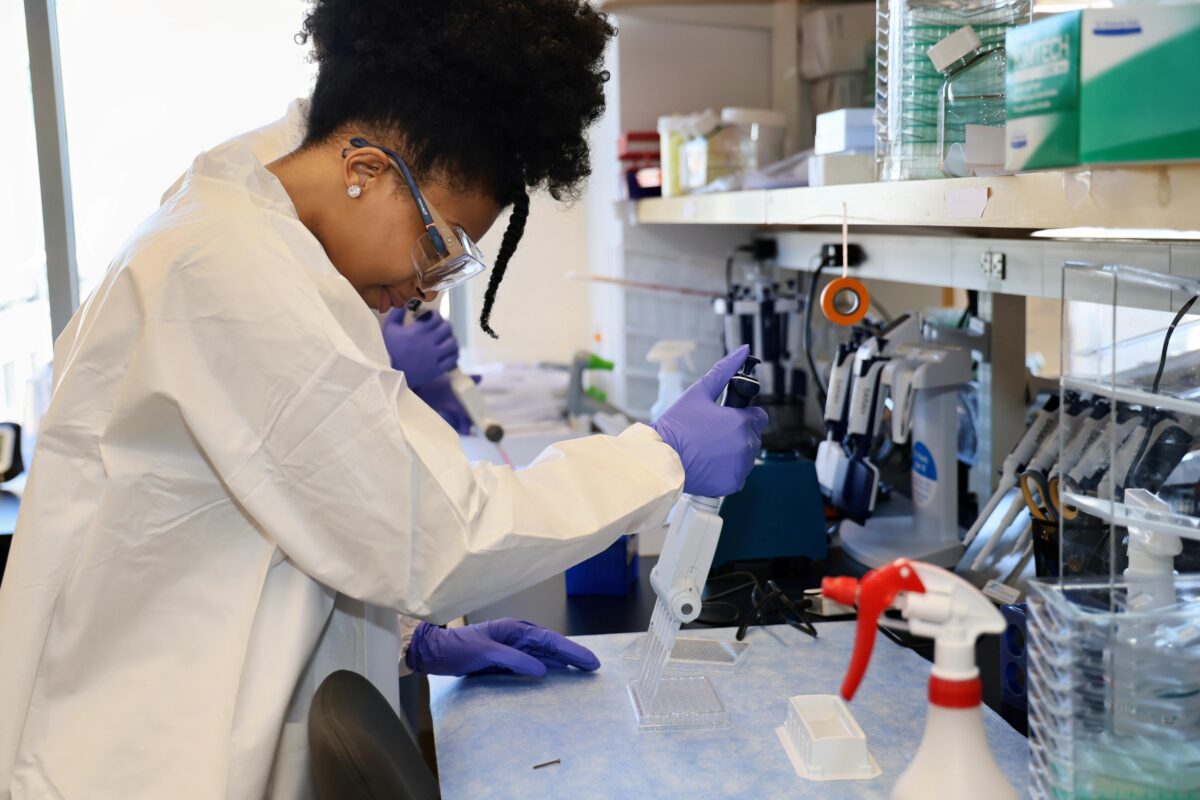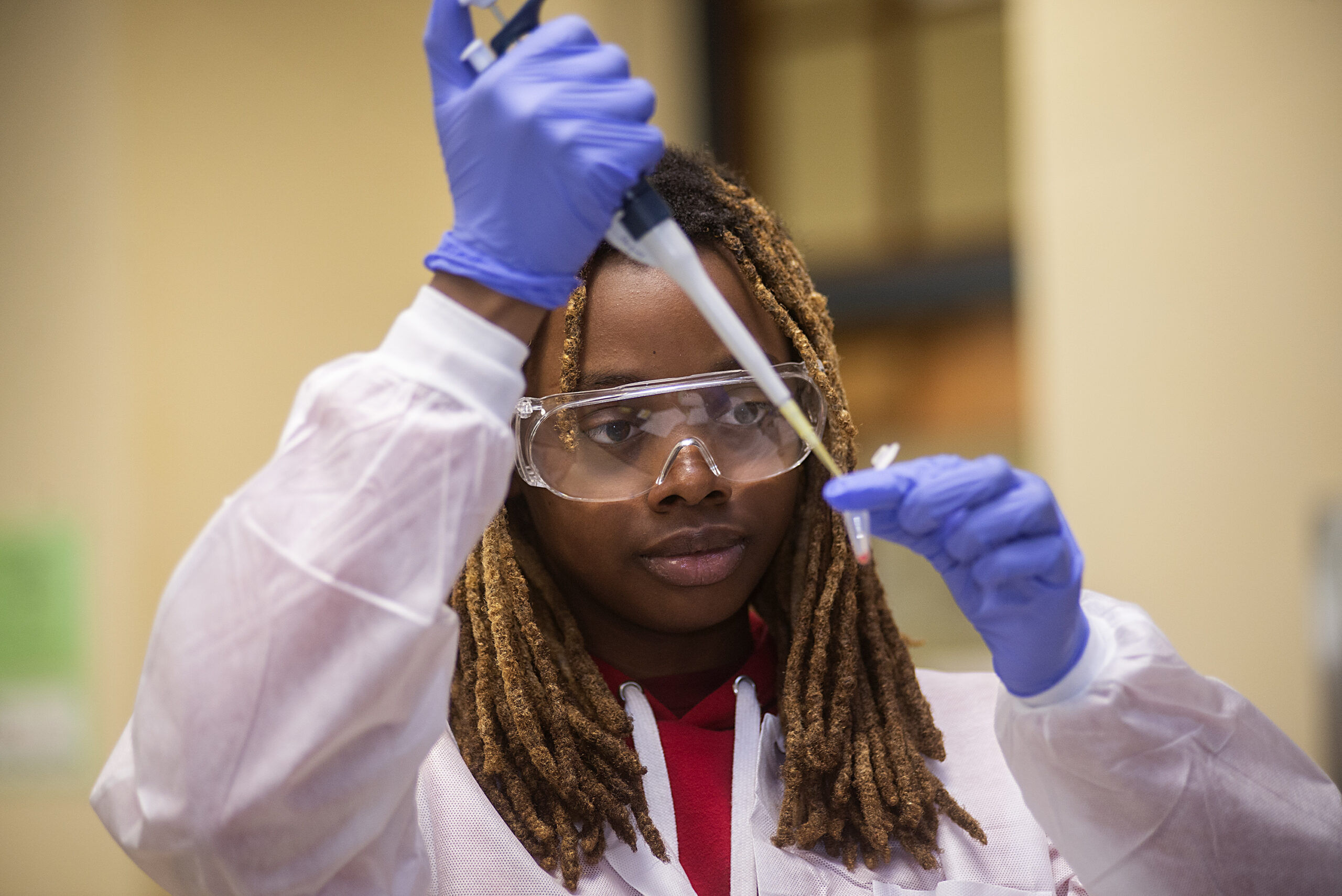Internship Resources

For College Students
For Massachusetts college students looking for jobs or professional opportunities in the life sciences industry, there are a variety of resources to help find internships:
Massachusetts Life Sciences Center (MLSC) Internship Challenge
- This state-sponsored program provides paid internships for students at Massachusetts-based life sciences companies. It connects students to research and biotech companies in the area.
Project OnRamp
- In partnership with other leading life science organizations (MassBio, Massachusetts Life Sciences Center, and Life Science Cares), MassBioEd helps connect passionate, high-achieving four-year college students with paid internships of up to 12 weeks.
BioSpace
- BioSpace is a leading online job board for the life sciences sector, specifically focused on biotech, pharmaceuticals, and medical devices. Many internship opportunities are posted here.
- LinkedIn can be a great tool to search for internships in the life sciences industry. Students can follow companies, keep up to date with industry leaders, join relevant groups, and connect with professionals in the field.
Handshake (University-Specific Platform)
- Most universities have Handshake, a platform that allows students to find and apply for internships and jobs tailored to their field of study. Career centers often post life sciences internship opportunities on Handshake.
Job Search Websites
- Indeed and Glassdoor: You can search for internships in life sciences by using keywords such as “biotech internship,” “research assistant internship,” “pharmaceuticals internship,” or “life sciences internship.”
Direct Contact
Students can also consider a direct outreach strategy. Students who identify professionals or professors who work in a life sciences field that aligns with their interests can pursue a unique connection through direct contact. Reaching out to inquire about potential internship opportunities to a specific individual can often make a positive impression and help a student stand out to a decision-maker. Crafting personalized emails expressing interest and highlighting relevant skills can open doors to positions not publicly advertised.
Download our free guide to create an effective elevator pitch to help with outreach and networking.
For High School Students
Massachusetts high school students interested in life sciences internships have several opportunities to gain valuable experience in the field:
Massachusetts Life Sciences Center (MLSC) High School Apprenticeship Challenge
- The MLSC program offers paid internships by subsidizing wages for research institutions and small life sciences companies. It also provides pre-internship training to develop biotechnology, biomedical, and professional skills. Internships can be part-time or full-time during the school year or summer. Applicants must be at least 16 years old and meet specific eligibility criteria.
The LEAH Project High School Internship Programs
- The LEAH Project offers paid internships for high school students with opportunities such as STEM teaching and biological research internships. Interns gain hands-on experience through placements in labs or after-school programs and are mentored by professionals in STEM careers. The programs provide valuable exposure to the life sciences industry while supporting participants in their college and career development. Applicants must be at least 16 years old and meet specific eligibility criteria.
MassBioEd ACCESS Life Sciences High School Internship Directory
- MassBioEd maintains a living document to help high school students explore various summer internship opportunities. This directory is continuously updated and includes crucial details such as application opening dates, deadlines, whether the internships are paid or unpaid, and more.
Additional Ideas
- Students should also consult with their high school’s guidance counselor or science department for information on local internship opportunities.
- Some life sciences companies offer limited internships or job shadowing opportunities. While these may be more limited, reaching out directly to companies, expressing interest, and asking about opportunities can sometimes lead to internships.



